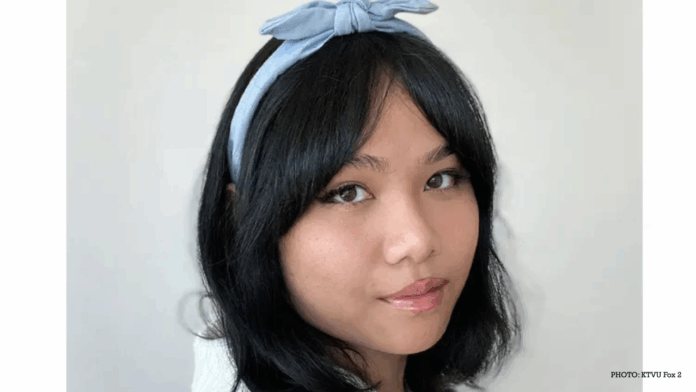A 24-year-old Harvard graduate is now leading a movement that, despite her Gen Z status, promotes social media-free living.
Garbriela Nguyen, an alumna of Harvard Graduate School of Education (HGSE) and Bay Area native, is the brain behind “ Appstinence ,” a shift in lifestyle “by removing addictive technology from our lives,” or “refraining from using technology that is designed to be addictive.”
While this transition may prove to be against conventional wisdom considering that Nguyen is part of a generation where social media and Smartphones are handed on a silver platter and that she grew up in Silicon Valley, Appstinence counters the norm by helping others “reimagine life without social media” or the technology that thrives in between.
“Everyone was still believing largely that technologies were going to save us from our loneliness and democratize knowledge and it was going to be this great thing. And it turned out that, largely, that was not the case,” Nguyen said, as per Harvard GSE.
At some point in her life, Nguyen owned an iPod, a Facebook account, a Smartphone, and all the latest tech devices. These were all normal since she lived where technology sprouts on every corner, but she recalled one moment in her life that the very thing that made Silicon Valley popular also became a distraction.
“I was up until 2:30 a.m. trying to finish an assignment. I just kept picking up my phone, scrolling, doing a little bit of work, and then getting distracted again. I really thought it was my fault that I couldn’t focus,” reported Business Insider.
It took her years to realize that her Smartphone controlled her life, setting her mood in the morning, and even “curating a perfectly aesthetic feed on Instagram while also disliking myself for doing it.”
In the years that followed, Nguyen has had a “series of wake-up calls” that made her realize that digital engagements “was taking away from real-life opportunities.” This was when she slowly weaned from using social media, decreasing her screen time and other practices. Eventually, this led to a complete abstinence.
It was a challenge, but she was willing to try.
“I made it through the 30 days before my account fully deleted, and then I was like wait, this is kind of nice. And then that was sort of the reverse floodgates where it’s usually one account, and then the second goes, then the third goes, and then before I knew it, I had changed my phone.
“It was over several years that this process happened because I went on a very organic
system of self-discovery,” she told KTVU.
It was during this reawakening that pushed Nguyen to launch Appstinence. She and her team offered free online educational resources, and gave “alternative phone options and methods to ‘reclaim your life from tech.’”
But instead of going all dark on Day 1, Nguyen explained that Appstinence uses the 5D method: decrease use, deactivate social media accounts one by one, delete apps, downgrade device, and depart from the digital world.
She described it as “creating new habits to take the place of your relationship with addictive technology with its algorithms that cater platforms to align with users’ interests” by creating a barrier to keep “persuasive platforms” at bay.
Nguyen also believes that these platforms “invade themselves into our lives” because that is how they were designed: to take our attention as much as possible and make a profit. At the very least, Appstinence carries a mission of choice. Such is the use of the cursor in their logo because Nguyen and her team believes that we have a choice.
“So choose technology that helps you matter to others and others to you. Choose peace. Choose Appstinence.”
Whether it’s choosing to use dumb phones to communicate or simply talking to each other, we all have a choice. It’s just a matter of choosing one road or the other.



